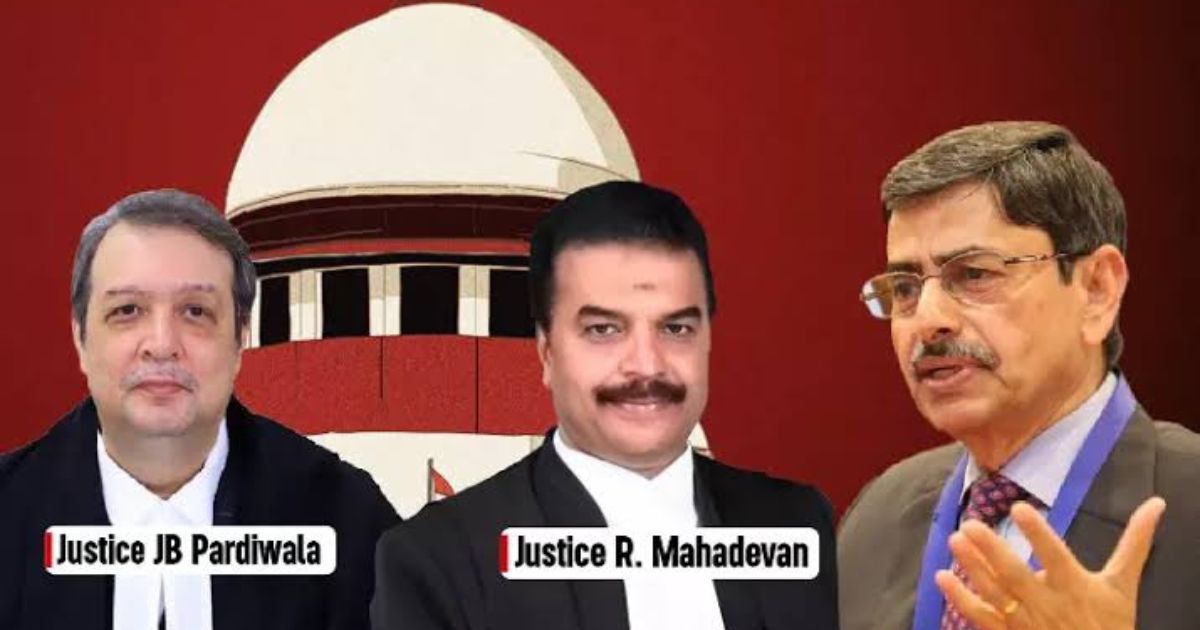
In the context of the Indian Constitution, the role of a Governor is crucial in the functioning of state legislatures. The Governor has several discretionary powers, including the ability to reserve certain types of bills for the President of India. However, a common question that arises is whether a Governor can reserve a Money Bill for the President’s consideration.
To answer this question, we need to understand the distinction between Money Bills and other types of bills, as well as the specific powers granted to the Governor under the Indian Constitution.
1. Understanding Money Bills
A Money Bill is a bill that exclusively deals with matters related to:
- Imposition, abolition, remission, alteration, or regulation of taxes
- Borrowing of money or giving of guarantees by the government
- Appropriation of funds from the treasury
Money Bills are very specific in terms of the subject matter they cover. According to Article 110 of the Indian Constitution, a bill is considered a Money Bill if it falls under these categories.
1.1 Money Bill vs Ordinary Bill
The key distinction between a Money Bill and an ordinary bill is that Money Bills relate to financial matters and follow a specific procedure for passage:
- Lok Sabha (Lower House): A Money Bill can only be introduced in the Lok Sabha (House of the People), not in the Rajya Sabha (Council of States).
- Rajya Sabha’s Role: The Rajya Sabha can only make recommendations regarding a Money Bill, but the Lok Sabha is not obligated to accept them.
- President’s Assent: After passing both houses of Parliament, a Money Bill is presented to the President of India for assent. The President can either give assent or withhold it, but the bill cannot be sent back for reconsideration (as is the case with ordinary bills).
2. Governor’s Role in Money Bills
The Governor has a significant role in the legislative process at the state level, particularly when it comes to bills passed by the State Legislature. Here’s how the process works:
2.1 Governor’s Powers on Money Bills at the State Level
- Money Bills in the State Legislature: A Money Bill in a state follows a similar process to the one at the central level, but it is passed in the state’s Legislative Assembly (Vidhan Sabha).
- Governor’s Role: If a Money Bill is passed by the Legislative Assembly, it is sent to the Governor for assent. The Governor can either give assent or withhold assent under certain circumstances.
- Governor’s Discretion: Under Article 200 of the Indian Constitution, the Governor has the discretion to either:
- Assent to the Bill
- Withhold assent
- Reserve the Bill for the President’s consideration
2.2 Can the Governor Reserve a Money Bill for the President?
- Yes, the Governor can reserve a Money Bill for the President. However, this is an exceptional situation and applies in very specific circumstances.
According to Article 200 of the Constitution, the Governor can reserve a Bill (including a Money Bill) for the President’s consideration if:
- The Governor believes that the Bill requires the President’s approval because it is of such national importance or involves matters that need to be clarified by the President.
- The Governor may reserve the Money Bill for the President if it involves issues that fall within the jurisdiction of central legislation or if it is in conflict with the provisions of the Indian Constitution.
2.3 Limits on Reserving Money Bills for the President
While the Governor has the power to reserve certain bills for the President, Money Bills are generally expected to be handled within the framework of the state legislative procedure. The Governor’s power to reserve a Money Bill for the President is rare and should not be exercised arbitrarily. It is usually done if the bill raises constitutional issues or matters of overriding importance, which require the intervention of the President.
For example, if a Money Bill in a state legislature deals with matters that conflict with central laws or constitutional provisions, the Governor might reserve the Bill for the President to seek clarification or approval.
3. Conclusion
In conclusion, yes, the Governor can reserve a Money Bill for the President’s consideration, but this power is exercised under specific circumstances outlined in the Indian Constitution. The Governor may reserve a Money Bill for the President if the Bill raises constitutional issues or matters of national significance that require the President’s intervention. However, this is a rare occurrence, and the standard procedure involves the Governor either giving assent or withholding assent to the Bill.
For Money Bills at the state level, the Governor plays a critical role, but the process of passage and approval is designed to ensure that the Bill adheres to constitutional norms. The power to reserve a Money Bill for the President reflects the balance of federal authority and the need for central oversight in matters of constitutional importance.



